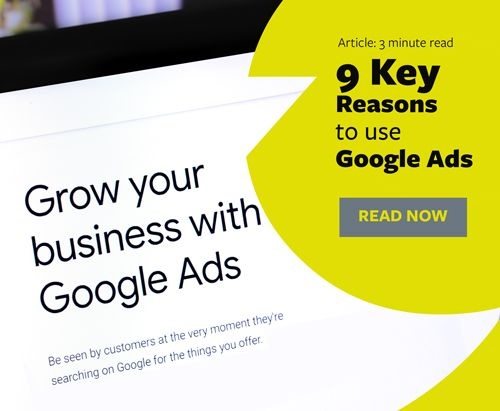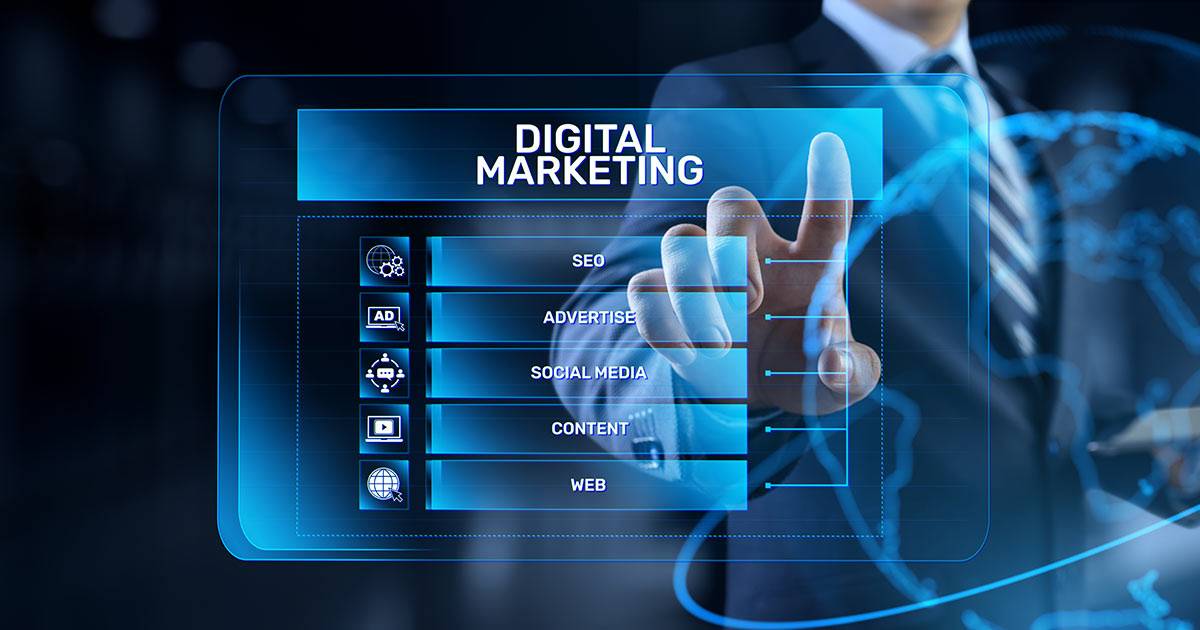Trying to generate leads can feel a bit like herding cats. You know you need to do it, but you’re not quite sure how. And even when you think you’ve got a good system in place, something always manages to go wrong. Then you spend hours (or days) trying to fix the problem, only to have another one pop up in its place. It’s enough to make you want to pull your hair out—but don’t worry, we’re here to help. Keep reading for our top tips on how to generate leads without losing your mind.
1. Get organised.
The first step if you want to generate leads is getting your ducks in a row. Or, more accurately, getting your leads in a CRM. A CRM (customer relationship management) system will help you keep track of your leads and their contact information so you can follow up with them at the appropriate time. There are lots of different CRMs on the market, so do some research and find the one that’s right for your business. At Back9 we are an Agency Solutions partner with Hubspot. If you’re looking for a CRM and want more info about Hubspot then feel free to get in touch.
2. Identify your target audience.
If you’re going to generate leads that will actually convert into customers, you need to start by identifying your target audience. Who are you trying to reach? What needs do they have that your product or service can address? Once you know who you’re trying to reach, you can start tailoring your lead generation efforts specifically to them.
3. Utilise multiple channels.
Don’t put all your eggs in one basket when it comes to lead generation. Utilize multiple channels—such as social media, email marketing, and trade shows—to reach as many potential leads as possible. Then, once you’ve captured their contact information, you can follow up with them through the channel they’re most responsive to.
4. Make it easy for people to take action.
If you want people to take advantage of your lead generation efforts, you need to make it easy for them to do so. Whether that means having a clearly marked call-to-action on your website or providing a simple form for them to fill out. No one likes a long convoluted form to fill out. The easier you make it for people to take action, the more likely they are to actually do so.
5. Set up a system and stick to it .
Last but not least, one of the best ways to generate leads without losing your mind is simply by setting up a system and sticking to it. When it comes to lead generation (and pretty much anything else in business), consistency is key. So find a system that works for you. And then stick with it day in and day out until it becomes second nature. Before long, generating leads will be a breeze .
Are you ready to generate some leads?
Excellent! There are many benefits of Lead generation. Just remember to start by getting organised , identify your target audience, utilizing multiple channels, making it easy for people to take action, and setting up a system that works for you. If you can do all that, we have no doubt that you’ll be generating high-quality leads in no time. Of course, that is easier said than done, so as always we recommend doing some research and seeing if it may be worth outsourcing lead generation.
Lead generation is one of the easiest components of a Digital Marketing Strategy to measure, so it is always a good investment. And any decent agency will definitely be focussed on returning a lot more to your business than what you need to outlay. Ans that should include Ad Spend such as Google Ads. In fact depending on their agency model, they may not even charge you until you see results.













